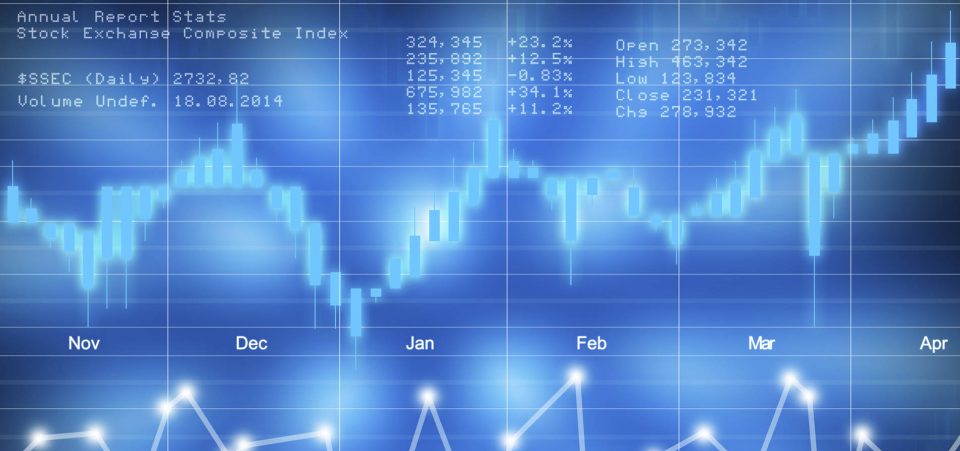Changing Economic Scenario Will Push Yields Higher
The sell-off in government bonds will accelerate in coming weeks as policymakers in the developed world look for other options to jump-start economic growth, rather than relying on low interest rates and quantitative easing, according to an analysis by Goldman Sachs Group, Inc.
Investors started to offload the government debt in recent trading sessions amid speculations that the U.S. central bank will soon start raising interest rates.
But for Francesco Garzarelli, Goldman Sachs’ London-based co-head of global macro and markets research, this trend isn’t a temporally one. He believes this rout in the bond market is driven by fundamental economic factors and the realization that changing economic fundamentals don’t support a very low-rate environment.
Garzarelli is forecasting that yields on 10-year government bonds will rise to two percent by the beginning of 2017, making for about a 32-basis-point jump from its current levels. (Source: “Goldman Has Three Reasons Why the Bond Rout Is Going to Get Worse,” Bloomberg, September 12, 2016.)
One of the biggest reasons behind this slump in bond prices that Goldman Sachs sees accelerating in the coming months is investors’ misreading of the economic impact of U.K.’s decision to leave the European Union. In June, markets globally plunged on concerns that Britain’s exit will slow down economic growth in the European continent and that a mounting political and economic uncertainty will stifle business investments.
But according to the analysis, that scenario is unlikely to materialize and investors’ rush to the safety of government debt was unjustified.
“Over coming quarters, we expect economic activity in the advanced economies to expand at around trend levels, headline CPI inflation to receive a boost from base effects in energy prices, and the Fed[eral Reserve] to raise policy rates – an outcome we believe the market under-prices even for the remainder of this year,” Garzarelli said. (Source: Ibid.)
A possible ineffectiveness of the quantitative easing practice is another factor which points to higher bond yields going forward, according to Garzarelli, who thinks that these unconventional tools to kick-start economic growth are fast losing their utility.
The world’s prominent bond investor, Bill Gross, has also warned this month of the danger of keeping rates artificially low through quantitative easing. He accused the central bankers, including Fed Chairwoman Janet Yellen, for mastering, “the art of market manipulation,” which he thinks is distorting asset prices and sending the wrong signals to investors. (Source: “How I Found My Golf Game but Lost My Wife to a Titleist,” Janus Capital Group, September, 2016.)
The other important contributor to higher bond yields, according to Garzarelli, is increasing evidence that governments are willing to use fiscal policy to induce growth rather than just relying on monetary tools. He argues that such expectations have been rising in Europe and Japan, plus the U.S. general elections and their outcome will further strengthen the argument for growth initiatives by government policy actions.






